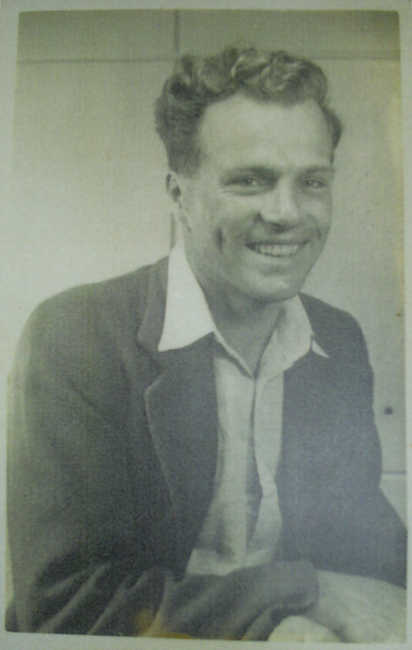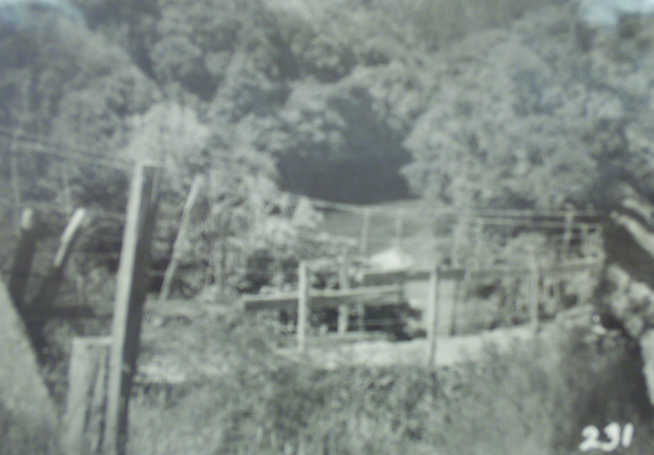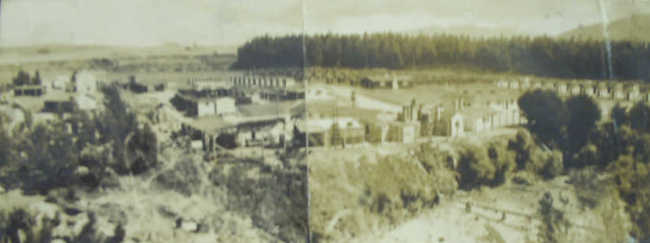Kate Dewes – 20/10/00
As the millennium approached, New Zealand’s newly elected Prime Minister Helen Clark vowed to ‘vigorously pursue’ the cause of nuclear disarmament by ‘stepping up the lobbying of other countries to eliminate nuclear weapons’. She then proceeded to scrap a deal with the United States to lease 28 F16 fighter planes, cancelled an upgrade on the Orion military aircraft and redirected defence spending into equipment to support UN peacekeeping roles. In doing so she implemented the spirit of the UNESCO International Year for the Culture of Peace, and built on the achievements of a wide range of ordinary citizens, groups, diplomats, politicians and Prime Ministers.
Maori Peacemakers Even before the colonisation of Aotearoa (later named New Zealand) by the British in the 1840s there were Maori tribes which refused to take up weapons against invading forces. During the 1870-80s, a Maori community developed at Parihaka based on non-violent resistance against the loss of their lands to European settlers.
Women promote international peace controls European peacemakers also helped shape this growing culture of peace. Those who led the women’s suffrage movement, which won the world’s first franchise for women in 1893, advocated ‘the establishment of a permanent court of arbitration’ with the backing of an international army ‘to act as police and see that all judgments were enforced’.
Prime Ministers implement nuclear free policies Various Prime Ministers have responded to widespread public opposition to nuclear testing in the Pacific, by taking strong steps to achieve a nuclear free world. Although New Zealand is a member of military alliances with the United States, United Kingdom, Canada and others, it challenged their nuclear policies head-on. For example, in 1959 Walter Nash’s government sought a nuclear test ban treaty and helped develop the world’s first nuclear weapon free zone in Antarctica.
In 1973, Norman Kirk’s government sent a warship to protest against continued French atmospheric nuclear tests at Moruroa. With Australia and Fiji they sought an injunction to stop the tests and challenged their legality at the International Court of Justice (ICJ). These actions, coupled with growing international pressure on France, forced further tests underground. In 1975 New Zealand co-sponsored a UN resolution with Fiji and Papua New Guinea calling for a South Pacific Nuclear Free Zone Treaty. This was signed in 1985 and in 1996 the US, UK and France signed on following the cessation of all testing in the region. A Comprehensive Nuclear Test Ban Treaty followed soon after.
New Zealand adopts anti-nuclear legislation In 1984, Prime Minister David Lange led a government committed to enacting legislation outlawing visits by nuclear powered and armed vessels. The United States responded by effectively ousting New Zealand from ANZUS – the military alliance treaty with Australia. When the New Zealand Nuclear Free Zone, Disarmament and Arms Control Act was adopted in 1987, 92% of the public opposed nuclear weapons in New Zealand and 88% supported the promotion of nuclear free zones.
Conservatives adopt the policy By 1990, political expediency forced the conservative government, which wanted to restore the ANZUS Treaty, to adopt the policy. Later, in an attempt to appease the US administration, the government tried to change the Act to allow visits by nuclear -powered warships. This failed, and by the mid-1990s the policy was firmly entrenched across the political spectrum. In 1994 Prime Minister Jim Bolger’s government was eventually persuaded by public pressure to become the only Western-allied state to vote for a UN resolution asking the International Court of Justice ( also known as the World Court) for an advisory opinion on the legality of the threat or use of nuclear weapons. In September 1995 New Zealand re-opened the 1973 World Court case against France and sent another frigate to the test site to join the protest fleet of small boats from throughout the South Pacific. Two months later, New Zealand returned to the Court to argue strongly for the illegality of all nuclear weapons. It was joined by its South Pacific neighbours and leading members of the Non Aligned Movement.
The World Court Project: a New Zealand initiative The World Court Project was initiated by a retired magistrate in New Zealand in 1986. After a decade of intense activity by citizen groups, diplomats and politicians all over the world the International Court of Justice advised in 1996 that ‘a threat or use of nuclear weapons would generally be contrary to the rules of international law applicable in armed conflict, and in particular the principles and rules of humanitarian law’. The judges unanimously agreed that ‘there exists an obligation to pursue in good faith and bring to a conclusion negotiations leading to nuclear disarmament in all its aspects under strict and effective international control.’ (www.disarmsecure.org) Citizens and governments use the World Court Opinion This Advisory Opinion has become an extremely useful tool for both governments and the peace movement. Following the decision, the UN General Assembly adopted a resolution calling for its implementation through the immediate commencement of negotiations leading to the conclusion of a Nuclear Weapons Convention i.e. an internationally verified agreement on the abolition of nuclear weapons. A model Convention has been published and circulated by the UN, and submitted to the US Congress in a resolution calling for negotiations to achieve a Nuclear Weapons Convention.
In 1998 New Zealand’s Foreign Minister confirmed that the Opinion was ‘fundamental in underpinning our ongoing calls to move the nuclear disarmament agenda forward’.
It is also used by the other members of the 7-nation New Agenda group in its strong calls for nuclear abolition. Citizens in nuclear and allied states are using the Opinion in their defence after entering nuclear bases to perform ‘citizen inspections’.
Helen Clark promotes a nuclear weapons convention Prime Minister Helen Clark believes that the abolition of nuclear weapons is possible. In a recent interview with a Japanese television company she called for a nuclear weapons convention to be negotiated – similar to the conventions for chemical and biological weapons. She also acknowledged that she works ‘very, very closely’ with community groups working for nuclear disarmament and nuclear weapons free zones and said that ‘New Zealand wants to be a world leader on these issues’.
On the whole, our politicians and diplomats have served us well. There have been many occasions when our Prime Ministers and ministers have been strong advocates for peace and nuclear abolition. They have risked alienation from Western allies and colleagues on points of principle and international law. As Helen Clark said recently, ‘Where the community feels strongly about an issue, then it is easy for governments to say: yes, we have the mandate of the people’.
On these issues in particular, our Prime Ministers have needed ‘We, the people’ to protest on the streets and in small boats, to petition, to write submissions, to draft legislation and to provide decision makers with ideas and well researched arguments. Few Prime Ministers will advocate effective initiatives unless their constituents have carefully cultivated the ground, both at home and abroad.
About the author of this article Kate Dewes Ph.D., has coordinated the South Island Regional Office of the Aotearoa/New Zealand Peace Foundation from her home in Christchurch for twenty years. She has taught Peace Studies from 1986-1997 part time at the University of Canterbury. Between 1988-90, she served on the Public Advisory Committee on Disarmament and Arms Control. From 1992-96, she was an International Peace Bureau (IPB) Executive member, and became a Vice President in 1997.
A pioneer of the World Court Project (WCP), she was on its International Steering Committee from 1992-96. Her doctoral thesis documents the evolution and impact of the World Court Project (WCP). She co-authored Aotearoa/New Zealand at the World Court with her partner Robert Green and they have published several articles and chapters on the WCP.
She is a member of the International Steering Committee of the Middle Powers Initiative and has been a member of the Women’s International League for Peace and Freedom (Aotearoa) for twenty five years.
For more information go to
www.disarmsecure.org.



